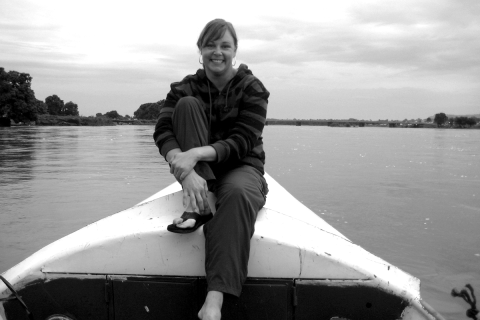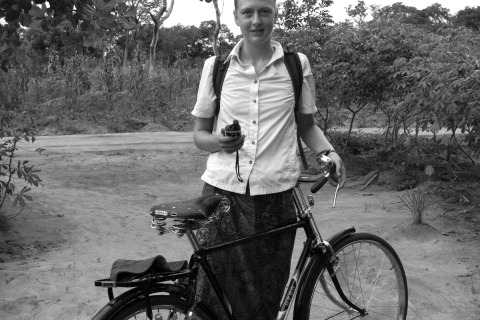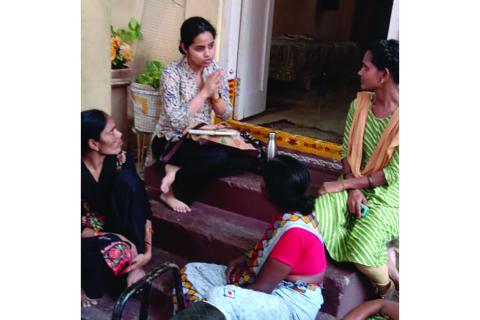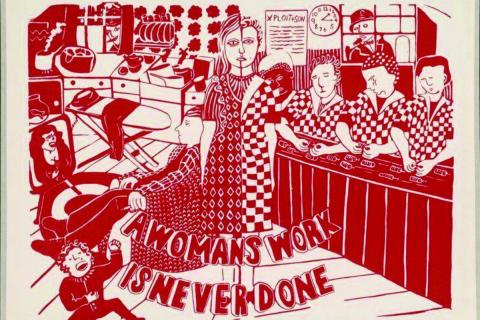
Social Citizenship in a Neoliberal Era
by Jennifer Erickson, Ph.D. candidate, Department of Anthropology
Scholars show that welfare policies affect women and men differently due to gender-based relationships with the state, which involve, for example, expectations about child rearing and shifting expectations regarding paid labor. Welfare policies negatively affect many refugee and immigrant groups in the United States by pushing them into the lowest paid sector of the economy. As a cultural project, neoliberal agendas have broadly succeeded in shaping public opinion toward an increased reliance on individual merit, consumerism, volunteerism, and distrust of government.
Scholars show that welfare policies affect women and men differently due to gender-based relationships with the state, which involve, for example, expectations about child rearing and shifting expectations regarding paid labor. Welfare policies negatively affect many refugee and immigrant groups in the United States by pushing them into the lowest paid sector of the economy. As a cultural project, neoliberal agendas have broadly succeeded in shaping public opinion toward an increased reliance on individual merit, consumerism, volunteerism, and distrust of government.








